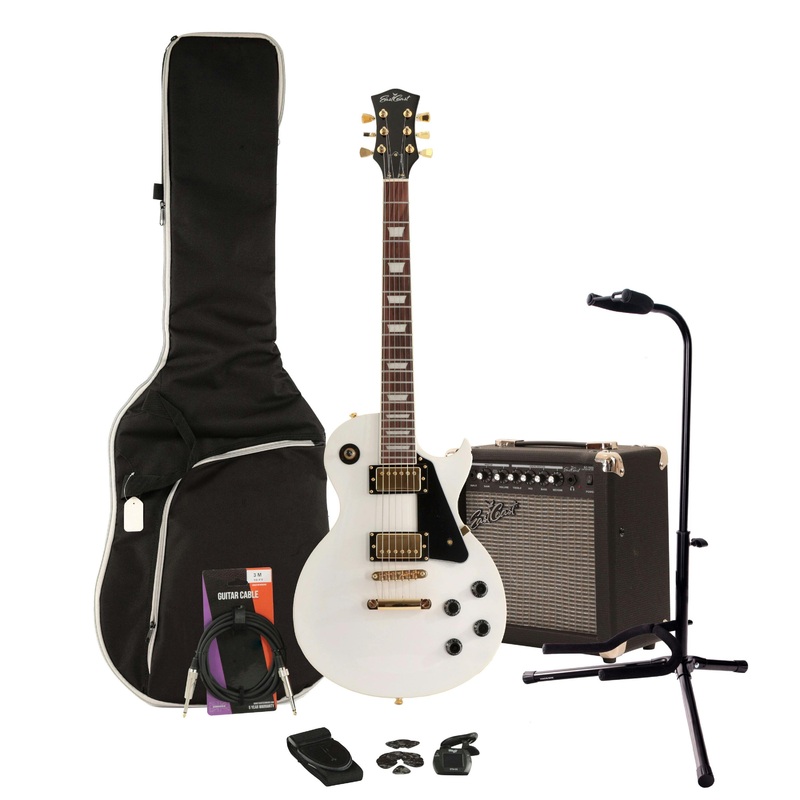
Ernie Ball 8-String Slinky Electric Guitar Strings are high quality nickel plated wound strings that deliver an authentic, rich sound. Perfect for all styles and genres grab yours now!
Ernie Ball 8-String Slinky Electric Guitar Strings are widely revered for their world class tone. These strings are precision manufactured to the highest standards and most exacting specifications to ensure consistency, optimum performance, and long life. Ernie Ball 8 String Slinky wound strings are made from nickel plated steel wire wrapped around a hex shaped steel core wire. The plain strings are made of specially tempered tin plated high carbon steel; producing a well balanced tone for your guitar. Gauges 10-13-17-30-42-42-54-64-74
The strings on your guitar have a major impact on its sound and playability. The wrong gauge makes playing harder, the guitar feel wrong and can seriously reduce your enjoyment.
Most new guitars come strung with light-gauge strings. For beginning players, thats probably a good place to start. As you develop and your fingers gain calluses and strength, you may want to gradually move up to heavier strings, depending on the music you play.
Lighter gauge strings:
generally easier to play
allow easier bending of notes and fretting
can break more easily
produce less volume and sustain
prone to cause fret buzzing, especially on guitars with low action
exert less tension on the guitar neck and are a safe choice for vintage guitars
Heavier gauge strings:
are generally harder to play
require more finger pressure to fret and bend notes
produce more volume and sustain
are preferred for low tunings such as drop D
exert more tension on the guitar neck
Common Types of string
extra super light: .008 .010 .015 .021 .030 .038
super light: .009 .011 .016 .024 .032 .042
light: .010 .013 .017 .026 .036 .046
medium: .011 .015 .018 .026 .036 .050
heavy: .012 .016 .020 .032 .042 .054
Keep in mind that changing string gauges may require adjustments to your string height or action at the bridge saddles as well as adjustments to the nut and neck. Depending on your skill and the type of guitar you own, this may be better left to a guitar tech.
